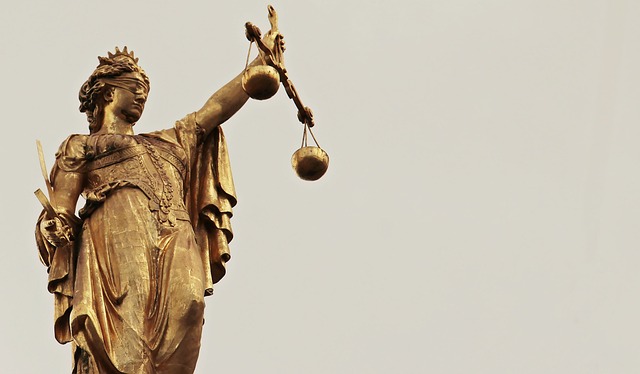
Our methods of working, learning, and creating are changing due to generative AI and artificial intelligence (AI). These technological advancements are enabling legal professionals in diverse businesses and fields to do more with less by automating repetitive activities and creating innovative solutions.
AI is significantly influencing the legal industry in this way. artificial intelligence in legal profession in india is already being used to examine contracts, locate pertinent documents during the discovery process, and perform legal research, even though it is more likely to support rather than replace attorneys in the near future. Artificial intelligence (AI) has been utilized more recently to assist with contract drafting, forecast legal outcomes, and even suggest sentencing or bail decisions to judges.
how artificial intelligence is transforming the legal profession?
In the Field of ASR (Automatic Speech Recognition):
- This technology translates spoken words into written words. It achieves this by making use of natural language processing and language modeling algorithms that are able to identify, understand, and interpret patterns in human speech.
- Throughout the history of ASR, this technology has consistently evolved and progressed.
- Transcribing court cases or client meetings quickly and accurately is the most obvious use case for this cutting-edge AI tool.
- Compared to conventional human-based transcription services, technology can be a considerably more effective and economical transcription tool.
In the Field of Automated Marketing Management:
- Search engine optimization (SEO) and pay-per-click (PPC) advertising are crucial for law firms to maintain their clientele and attract new ones.
- While SEO is a long-term plan that may require months of continuous work to see results, PPC can produce results quickly by manipulating your content or adverts to appear on the search results webpage at the top.
In the Field of AI Chatbots:
- Legal chatbots have been included on the main page of several law firm websites.
- As virtual assistants, these bots aid prospective clients with common questions and direct them through the appropriate legal procedures.
- Even though these bots will never be able to fully replace a human in a client interaction, by handling regular issues, they may be able to increase client engagement and expedite processes.
- Even beyond regular business hours, potential customers can still receive prompt responses and support because of chatbots’ round-the-clock operation.
In the Field of Contract Review and its Analysis:
- Legal practitioners must devote a significant amount of time and attention to the painstaking work of contract examination. AI might be able to expedite this procedure, which would reduce labor.
- AI-powered technologies may summarize and analyze contracts given the required inputs, assisting lawyers in identifying any problems more quickly than with manual assessments.
- This drastically cuts down on the amount of time needed to complete each legal document, allowing law firms to concentrate on final evaluations.
artificial intelligence legal issues
Security and Data Breaches:
- Sensitive third-party or internal business data that you put in ChatGPT becomes a part of the chatbot’s data model and can be accessed by others using pertinent queries.
- Due to AI security concerns, this action carries a risk of data leakage and may violate an organization’s data retention policy.
- If an organization has ties to the federal government, this important legal matter may potentially pose a threat to national security.
Complexities of Intellectual Property
- It can be difficult to identify who wrote the text or code that ChatGPT generated. As per the terms of service, the input supplier bears the liability for the output.
- Complications could, however, occur if the output contains data that is legally protected from inputs that violate AI compliance guidelines due to intellectual property concerns.
- If generative AI generates text that is drawn from copyrighted property, then copyright concerns can arise, violating AI compliance guidelines and raising legal risk.
Liability and Confidentiality Issues:
- It is against contracts and the law to divulge private information about partners or customers.
- Putting in danger Due to ChatGPT’s security, sensitive material is exposed, dangers are raised, the company’s reputation is jeopardized, and legal ramifications may ensue.
- For example: Consider a healthcare facility that answers patient questions via ChatGPT. Legal requirements and patient privacy rights may be violated by disclosing private patient information to ChatGPT, including medical records.
Tort Liability:
- The use of AI exposes associations to possible legal risks.
- The association could be held accountable for damages if the AI generates results that are unreliable, careless, or biased and cause injury.
- Associations must therefore guarantee AI accuracy and dependability by checking the work result for accuracy, truthfulness, completeness, and effectiveness.
AI can help the legal profession become more efficient if utilized in a proper way, save labor expenses, and make better decisions by enabling instantaneous responses to clients through chatbots and rapid transcribing using ASR technology. By adopting this new technology, businesses may be able to concentrate on difficult jobs, make wise decisions, and expedite administrative procedures.









